
Biological description
The medical name for a Marshmallow plant is Althaea officinalis and it belongs to the Malvaceae family of plants. The word Althaea is of Greek origin and it translates to “associated with healing”. The name was given for a reason, because this plant was used for healing for a long period of time. Other names for this plant are Marsh Mallow root, Althea, Cheeses, Guimauve or Schloss Tea. The root of the Marshmallow plant is fleshy. The plant is a perennial, firm and long, on the outside it is whitish-yellow and white and fibrous on the inside. In the spring the plant comes alive again and puts out branches while it dies down after the summer. The leaves are round and thick, velvety in texture. Hair covers the leaves on both sides. The time for the flowers to bloom is in August and September.
Growing
This plant can be found throughout Europe, but its native soil is Britain. Nowadays, it grows everywhere, even in the States. Since the Marshmallow plant needs moisture to grow properly, it can be found in salt marshes, wet meadows, and by the sea. Because of its medical benefits the Marshmallow plant used to be grown in home gardens.
Parts used
The root is the most important part of the plant and is used for medicinal purposes. Leaves are used as well but are considered not to be as strong. Flowers can be used as well.
Market
The root and leaves are used in the production of teas, and medicinal formulations. America favors the root while the leaves are more popular in Europe.
Action
Mucilage is a substance that looks like mucus and does not dissolve in water. Both root and leaves have it and mucilage itself is made of galacturonic acid, glucuronic acid, galctose, arabinose and rhamnose. The reason why the root is used more often is because it has 25-30% of mucilage while the leaves posses mere 16%. Mucilage allows the plant to become puffy and slippery and then it can be used to soothe irritated tissue and to cure cough. The root is astringent, diuretic, lithotriptic, emollient, demulcent, mucilant, tonic and laxative and these are only some of its properties.
Health benefits
Alimentary canal as well as urinary and respiratory inflammation and irritation can be cured with Marshmallow root because it has a lot of mucilage. The pain of the urinary organs can be eased with the root as well.The decoctions are used for bruises and pain in the muscles, burns and inflammations. If a person suffers from chest pain caused by cough or bronchitis, Marshmallow boiled in milk or wine will help.Marshmallow also betters the immune system at a cellular level. However, a person should talk to a doctor before using Marshmallow.



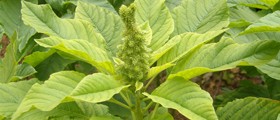
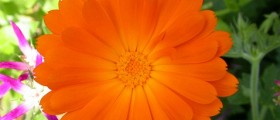
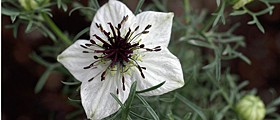
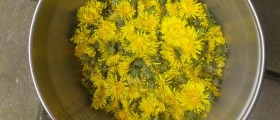



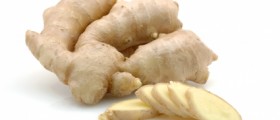



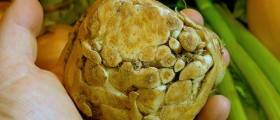
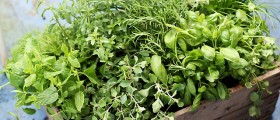
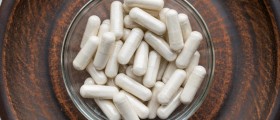
Your thoughts on this
Loading...